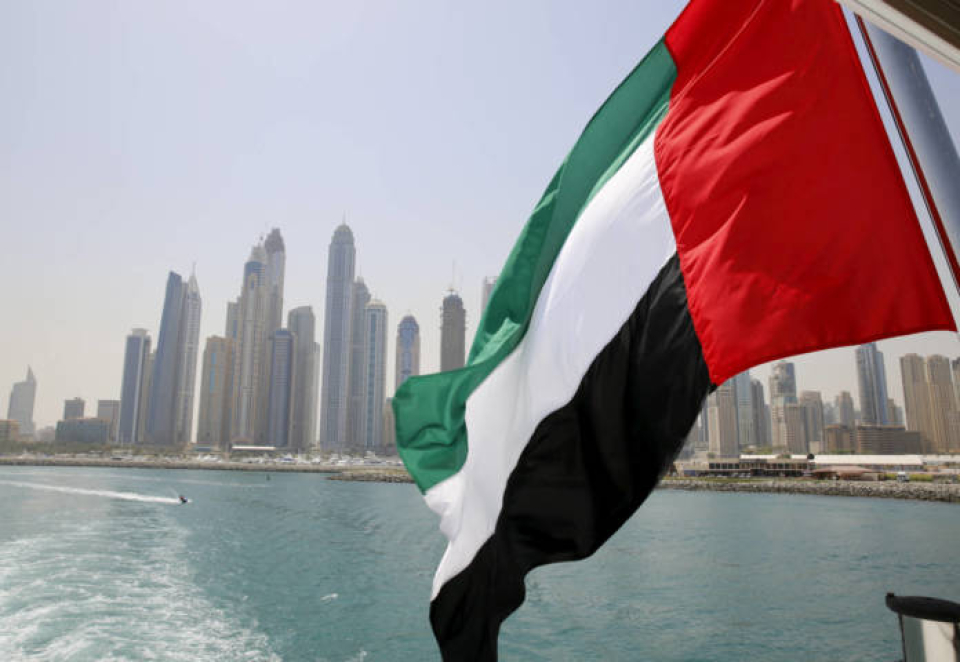The United Arab Emirates plans to maintain diplomatic ties with Israel despite international outcry over the mounting toll of the war in Gaza and hopes to have some moderating influence over the Israeli campaign while safeguarding its own interests, according to four sources familiar with UAE government policy.
Abu Dhabi became the most prominent Arab nation to establish diplomatic ties with Israel in 30 years under the U.S.-brokered Abraham Accords in 2020. That paved the way for other Arab states to forge their own ties with Israel by breaking a taboo on normalising relations without the creation of a Palestinian state.
The mounting death toll from Israel's invasion of the Gaza Strip have stirred outrage in Arab capitals.
UAE President Sheikh Mohamed bin Zayed Al Nahyan spoke last month with Israeli Prime Minister Benjamin Netanyahu. UAE officials have publicly condemned Israel's actions and repeatedly called for an end to the violence.
In response to a request for comment for this story, an Emirati official said the UAE's immediate priority was to secure a ceasefire and to open up humanitarian corridors.
The Gulf Arab power, backed by its oil wealth, wields significant influence in regional affairs. It also serves as a security partner of the United States, hosting American forces.
As well as speaking to Israel, the UAE has worked to moderate public positions taken by Arab states so that once the war ends there is the possibility of a return to a broad dialogue, said the four sources, who asked not to be identified because of the sensitivity of the matter.

















